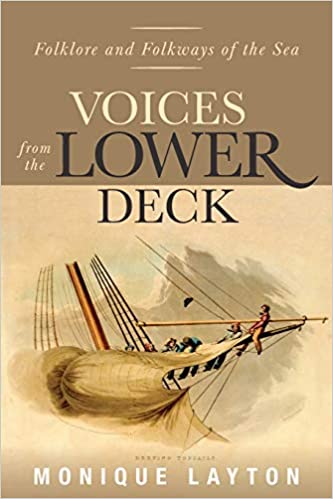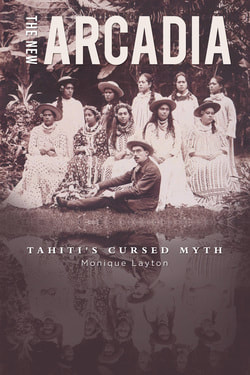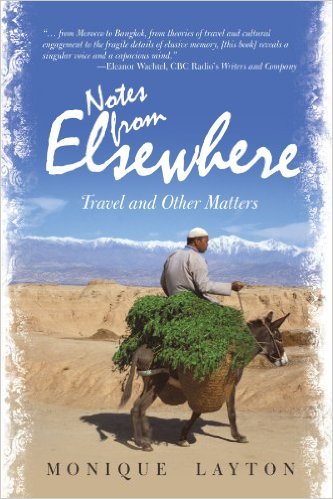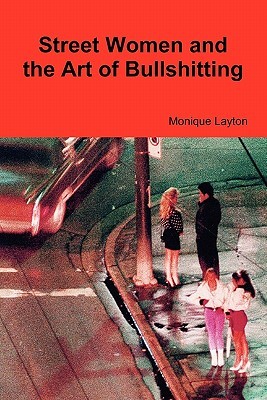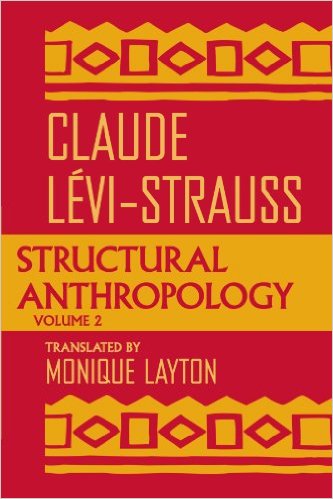Can be ordered through the publishers, Amazon, book stores, and directly from the author)
|
Voices from the Lower Deck. Folklore and Folkways of the Sea FriesenPress, 2019
Voices from the Lower Deck examines the role of folklore as the instrument of integration and bonding for the ordinary seafarer during the Age of Sail. Mainly based on contemporary sailors narratives and historical and folkloric texts, the book evokes common themes: the harsh environment, the cruel discipline, the brutal way of life, and the release of onshore carousing and whoring, but also the coordinated work and effort of daily tasks and the tremendous pride of seeing themselves as unique men against a background of landlubbers. The psychological and physical survival of these disparate men from many origins depended on their rapid integration into the common culture--the folklore and the folkways--of what historians have called "the wooden world."... |
|
Everyday Evil
Why Our World Is the Way iI Is Tidewater Press, 2019 (Finalist, 2021 Montaigne Medal - Eric Hoffer Awards) “... from age to age, nothing changes and yet everything is completely different.” ALDOUS HUXLEY Instead of the epic, alien force of our imagination, anthro- pologist Monique Layton argues that evil is intrinsic to our humanity, constantly evolving with modern notions of morality. Much of the world’s suffering, she argues, can be traced back to the individual actions of ordinary people trying— and failing—to maintain a static social order. Drawing on anthropology, history, philosophy and popular culture, Layton provides a new lens through which to view contemporary issues, establishing connec- tions between such disparate phenomena as: • medieval law enforcement and the Trump Baby balloon • the Salem witch trials and female genital mutilation • body-snatching and surrogacy • slavery and fast fashion |
|
LIFE AT SEA: FROM CARAVELS TO CRUISE SHIPS
FriesenPress, 2017 IN LIFE AT SEA, anthropologist Monique Layton draws on her experiences on modern cruise ships to examine the evolution of sailing from the Age of Exploration to the Age of Tourism. Using historical records and the reports of people who once went to sea through necessity, curiosity, or adventure, she shows the common events that have shaped their voyages and the ingenuity, courage, and determination that characterize mankind's connection with the all-surrounding sea. The book's topics range from the dependence on the wind and manpower through the invention of devices to determine location at sea to modern maritime technology, from the devastation of scurvy and starvation on early ships of exploration and trade to the luxuries of omnipresent food, on-board medical treatment, and professional entertainment available on behemoth cruise ships. The book also delves into the deeper meaning of seafarers' rituals and their harsh lives with severe discipline and few rewards. These aspects along with the horrors of the slave trade and naval warfare, the harrowing crossings of emigrants and convicts, the ambiguities of piracy, and economics of global trade all show the contradictory elements that have consistently shaped travel by sea. |
|
THE NEW ARCADIA: TAHITI'S CURSED MYTH
FriesenPress, 2015 (Shortlisted for the 2016 Whistler Independent Book Awards) SINCE BEING “DISCOVERED ” IN 1767, Tahiti has faced a profound cultural upheaval. From the start, she has been branded with the irresistible dual myth of the Noble Savage’s harmonious Arcadian life and of the vahine’s amorous favours freely granted. People (navigators, missionaries, whalers, slavers) and events (deadly epidemics, atomic testing, and now tourism), all have contributed over time to creating the modern Tahitian quandary: trying to recover an idealized past and losing the benefits of modern life, or continuing as a cog in the French administrative system and losing her soul. Based on historical records, sailors’ journals, Ma’ohi epic poetry, European paintings, folkloric events, the film industry, and novels by modern Tahitian writers, this book follows the passage from Otaheite’s paradisal way of life, through the disastrous encounter with European civilization, ending with French Polynesia’s modern prospects. Most remarkable of all is the enduring Ma’ohi culture’s survival into the twenty-first century. |
|
NOTES FROM ELSEWHERE: TRAVEL AND OTHER MATTERS
iUniverse (Finalist, 2017 Whistler Independent Book Awards). NOTES FROM ELSEWHERE: TRAVEL AND OTHER MATTERS FOLLOWS author Monique Laton, a trained anthropologist, through some of life's familiar experiences: introduction to new cultures, the pitfalls of language, regret for the past, and various types of travel. She shares her experiences and adventures in some of the planet's most interesting places in colorful detail. From her childhood in Morocco to a time tinged with loneliness and isolation as she worked in mental hospitals and prisons, she kept an open mind and heart. She survived both the artificial, ephemeral culture of international conferences and attempts to create a semblance of a normal life while living abroad. As an academic, Layton confronts the problems of cultural disconnection as they occur in life and travel and briefly considers what the future might hold for the elderly. As an anthropologist, she is able to provide context and insight into everyday occurrences. As an immigrant, she draws on her own experience to describe the staggered stages of assimilation. |
|
.
STREET WOMEN AND THE ART OF BULLSHITTING Webzines of Vancouver, 2010 Prostitutes claim to have developed a quick appreciation of men as potential customers and the ability to manage them. Those who solicit in public places and who are also drug addicts explain that their twice vulnerable position increase their need for effectiveness. Their social and legal vulnerability leads them to seek acceptance into a supportive milieu where they find understanding and solidarity as well as strong competition and rivalry for scarce resources. They must learn the rules of behaviour that will enable them to cope with an ambivalent milieu, rules through which they will earn and retain acceptance into the subculture. They "bullshit" among themselves to create common understanding and acceptance; they "bullshit" others to take advantage of them. Handling the duality is indeed a fine art and a means of survival. [Note of the author: The research, conducted in the 1970s, led to a report for the BC Police Commission in 1975 ("Prostitution in Vancouver (1973-1975). Formal and Informal Reports") and to a doctoral dissertation ("Street Women and Their Verbal Transactions. Aspects of the Oral Culture of Female Prostitute Drug Addicts"). The material only has a historical value, while the process in integration and cooperation of groups continues to be valid.] |
|
STRUCTURAL ANTHROPOLOGY, VOLUME 2
Claude Lévi-Strauss (Translated by Monique Layton University of Chicago Press, 1983 THE EIGHTEEN ESSAYS COLLECTED IN THIS VOLUME have been selected and ordered to give what Lévi-Strauss terms "a bird's-eye view of the problems of modern ethnology." As representative examples, these essays introduce readers to the methods of structural anthropology while affording a glimpse into the mind of one of the foremost anthropologists of our time. |
